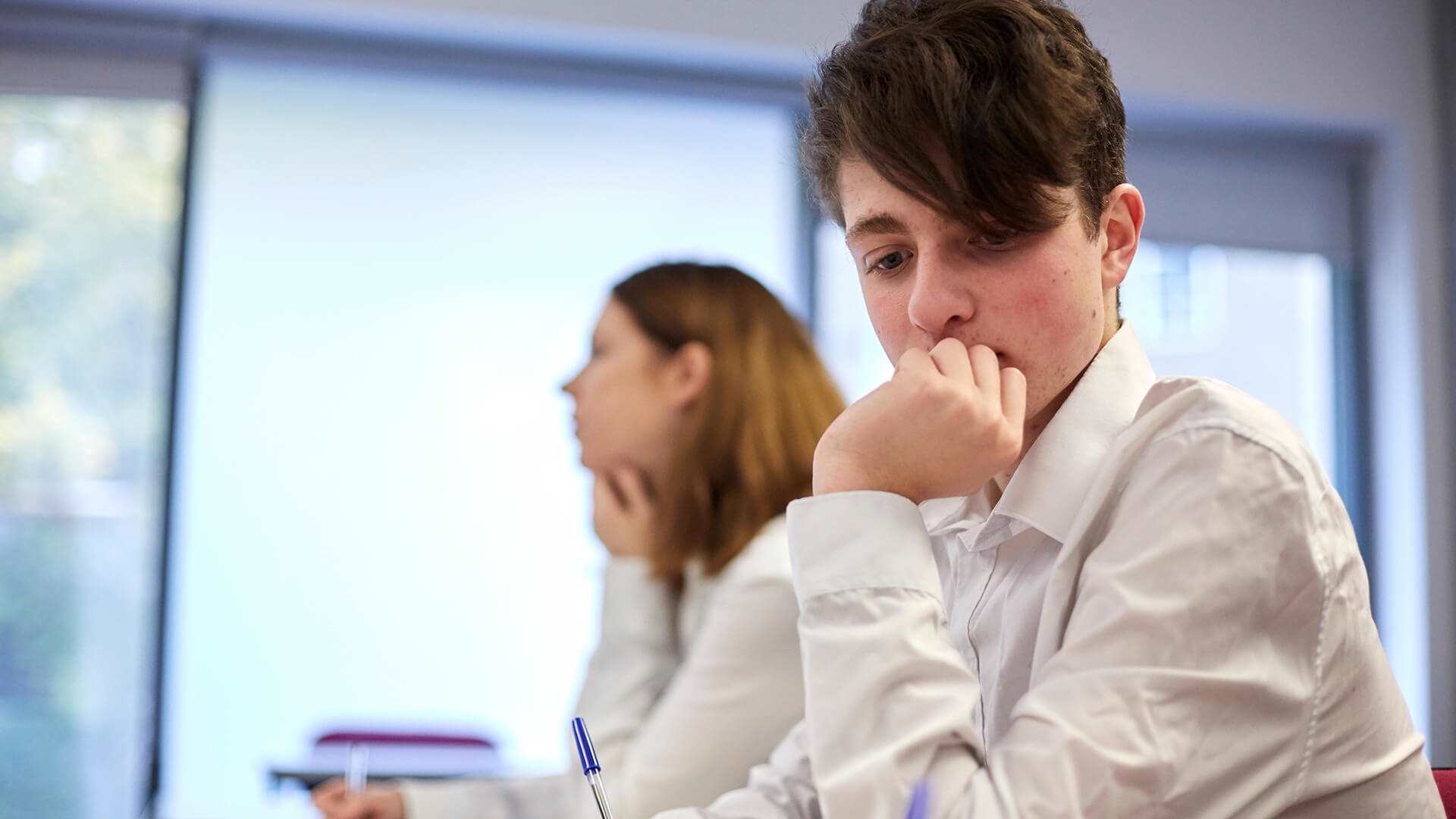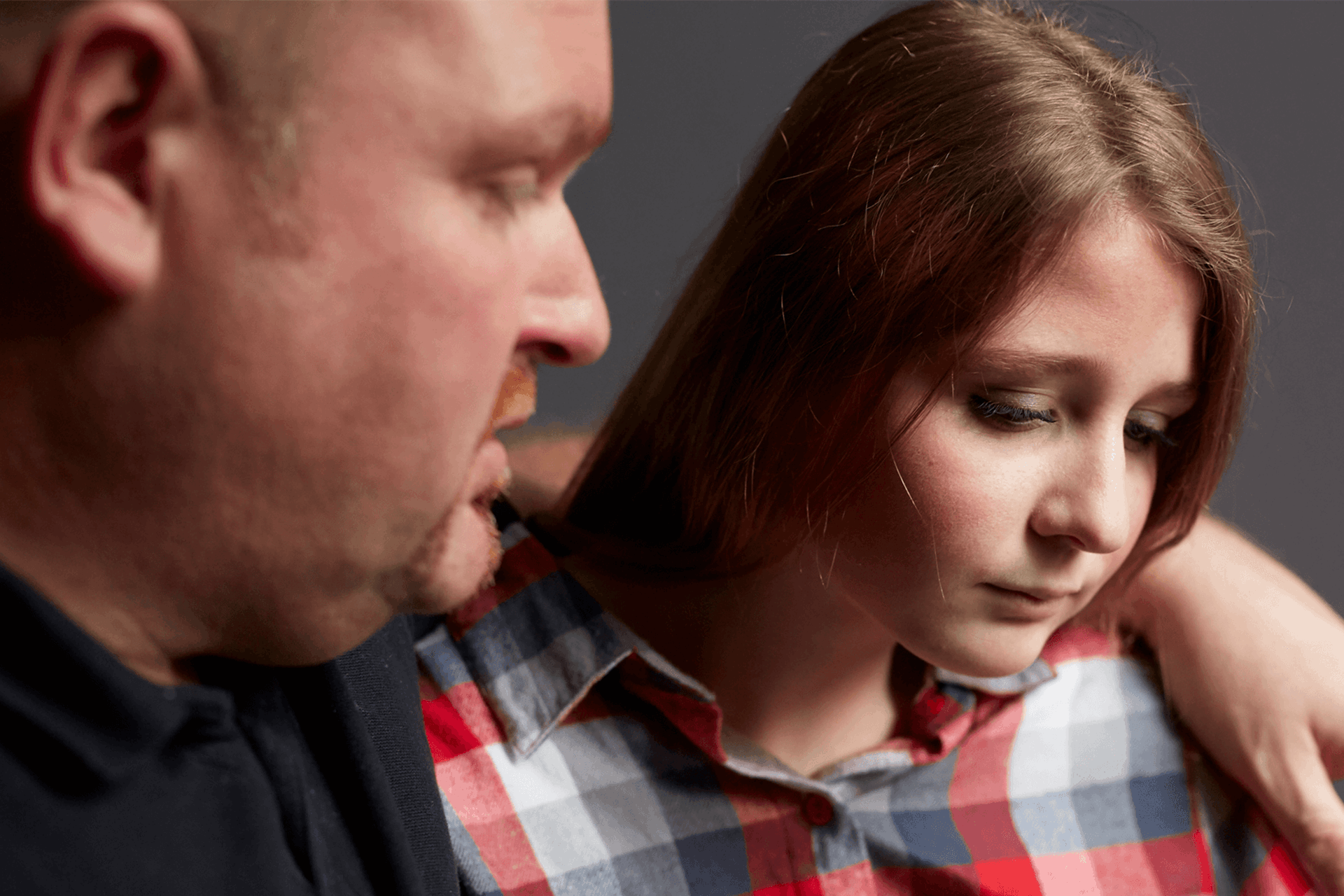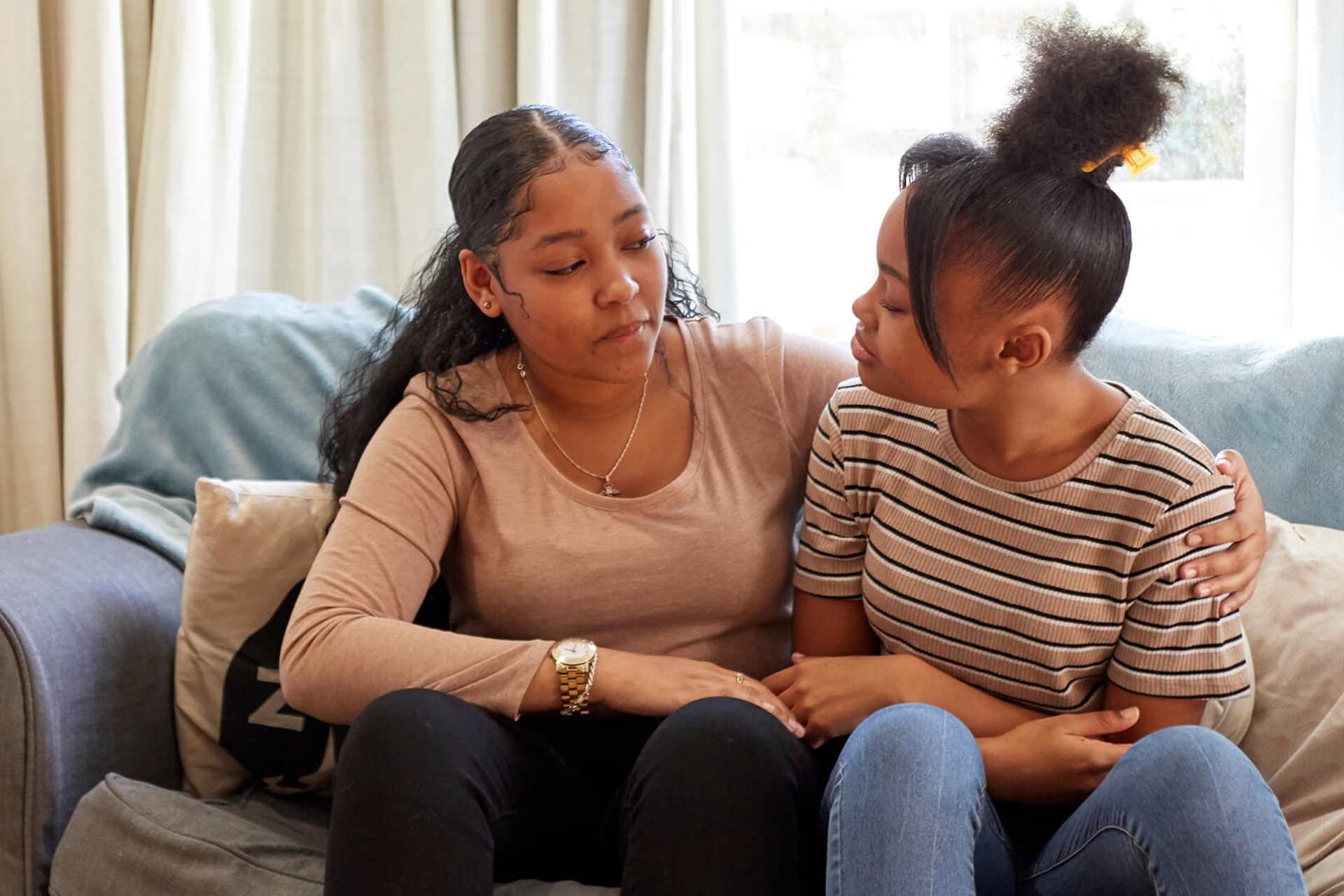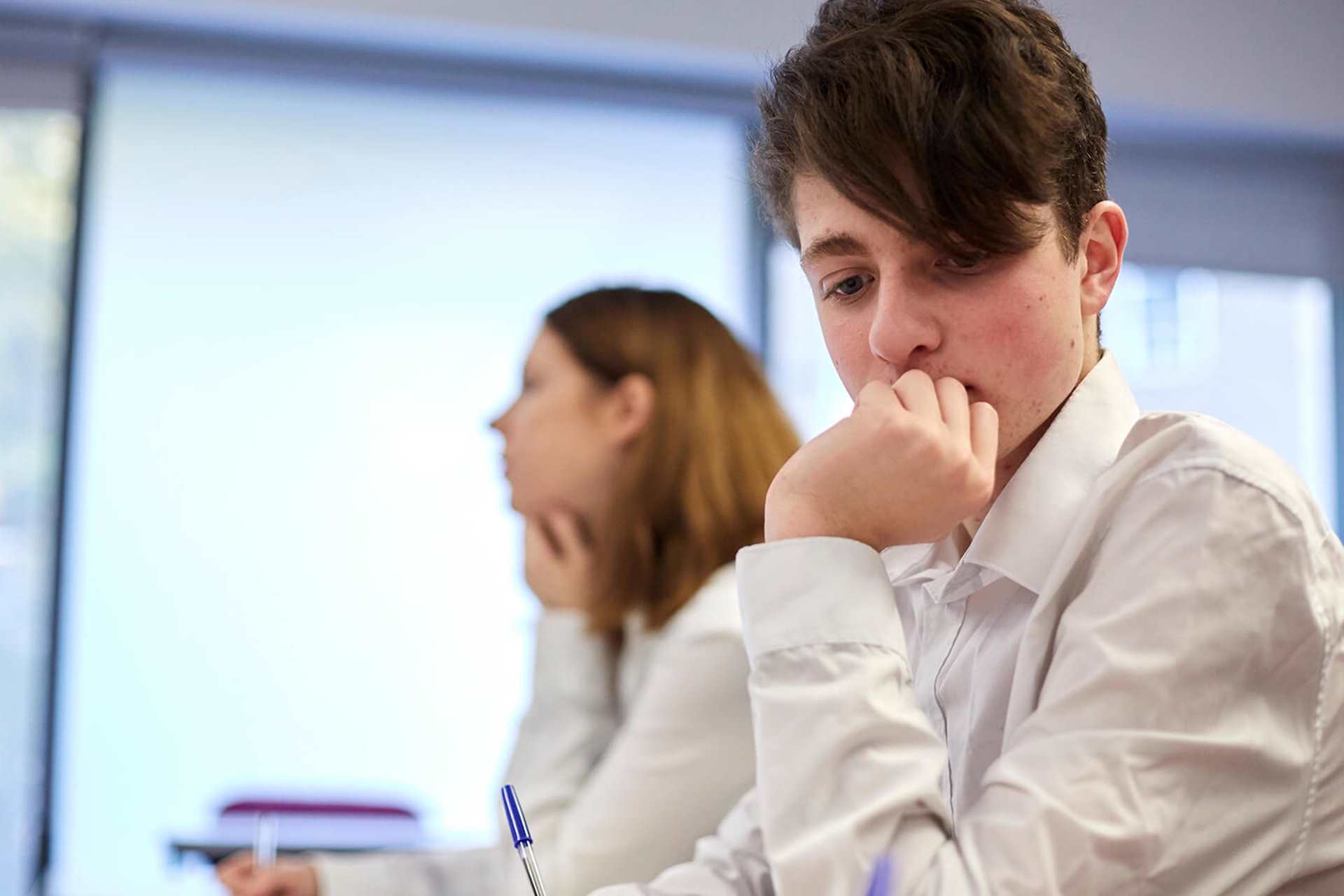Topic: Mental health support
Survey findings
The mental health charity YoungMinds has published the results of a survey of more than 7,000 young people under 25 who have looked for mental health support in the UK [1]. The results show that:
- two-thirds (67%) of respondents said that they had been unable to find mental health support when they first needed it
- three-quarters (78%) of respondents said that they had had to manage their mental health on their own when they couldn’t find help elsewhere
- only 17% of respondents felt confident in their ability to manage their mental health by themselves
The charity is publishing the results as it launches Act Early, a campaign calling for a new government strategy for young people’s mental health, which would make early intervention a priority.
The survey also asked young people who had looked for support about factors that had had a significant effect on their mental health. The most common answers included pressure to do well at school (77% of respondents agreed), worrying about how you look (69%) and family problems (62%). Almost half of respondents (46%) cited traumatic experiences as a child as a significant factor.
A quarter of respondents (27%) said spending too much time on social media had had a significant effect, while 24% mentioned worries about what was in the news.
Many young people said that they had had to rely on friends, family and teachers for support when their problems first emerged. When asked where they had turned to for help while they were waiting for mental health support, young people most commonly said friends (71%), parents (63%), school counsellors or other support staff at school (56%), online (53%) and teachers (50%).
The sources of support young people had found most helpful were friends (50% of those who had turned to them said that they’d found them helpful, while only 17% had found them unhelpful) and teachers (49% said that they’d found them helpful, while 28% said they’d found them unhelpful).
Youth clubs and youth groups were also rated highly as places to find support (45% of those who’d looked for support through youth clubs found them helpful and only 21% found them unhelpful). But only a relatively low number of young people (13%) had been able to get help from them in their area.
Response from Emma Thomas, Chief Executive of YoungMinds
Emma Thomas, Chief Executive of YoungMinds, said:
“These results show how hard it can be for young people to get help when they first start to struggle – and we know that the impact of leaving it too late can be devastating.
“We’re seeing welcome investment in NHS mental health services, and some positive initiatives in schools, but, with rising demand, it won’t be enough to meet the need.
“It’s vital that we ensure that the right help is available when young people first need it. We know that local support, through youth clubs or local charities, can be incredibly helpful – but this is something only a small number of young people are able to get. It’s far better to make sure young people can get help early, rather than add to the numbers needing specialist support.
“The government must also take action to address the factors that can affect young people’s mental health – like academic pressure and how we support children who’ve lived through traumatic experiences.”
It’s vital that we ensure that the right help is available when young people first need it. We know that local support, through youth clubs or local charities, can be incredibly helpful – but this is something only a small number of young people are able to get.
A young person's view
Nikki, 22, was first referred to CAMHS when she was 14, after years of dealing with trauma, bullying and family problems, but was told she didn’t meet the criteria for treatment. She said:
“There were so many issues impacting my mental health, so it really broke my confidence when they told me I wasn’t ill enough for treatment. By the time I finally got an appointment, I had already reached crisis point.
“It would have made a huge difference if I had been offered preventative support when I first reached out for help. Having a peer support group available in my area would have been invaluable, too, but I didn’t know how to access any so I’ve now taken to creating my own.”
By the time I finally got an appointment, I had already reached crisis point.
The Act Early campaign
YoungMinds' Act Early campaign is calling for a bold cross-government strategy on children and young people’s mental health to:
- address the factors that make young people’s mental health worse
- support young people and families to better understand and manage their mental health
- provide early intervention in every community
- reform and modernise our mental health services
The charity is launching a petition today, alongside a manifesto with specific policy proposals.
For more information, or to arrange an interview, contact press@youngminds.org.uk or call 0203 861 2072 (during office hours) or 020 3861 2100 (outside office hours)
YoungMinds is the UK’s leading charity fighting for young people’s mental health. For more information please visit www.youngminds.org.uk
Follow us on Twitter @YoungMindsUK and Facebook
For free advice and support for parents, call our helpline on 0808 802 5544
[1] YoungMinds surveyed young people aged under 25 who had looked for support for their mental health in the UK. The survey was conducted from 16 – 23 August 2019 and was completed by 7,083 young people all of whom had looked for mental health support in the UK. The survey was promoted on social media.



